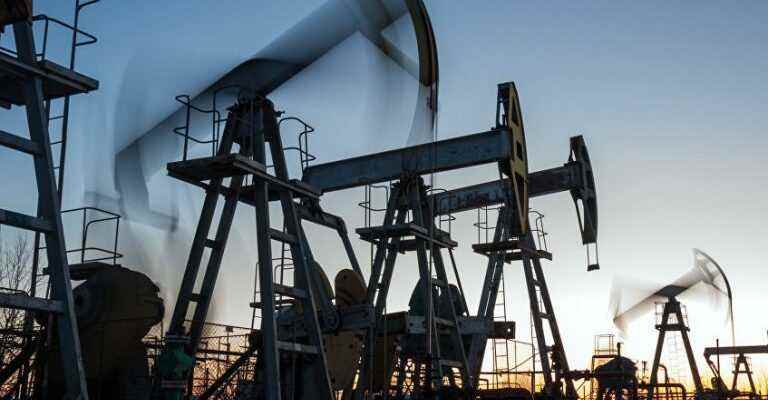(BFM Bourse) – Global oil demand should for the first time exceed the levels observed before the Covid-19 pandemic, says the International Energy Agency. Chinese consumption and the strong recovery in air traffic should support demand for black gold.
The International Energy Agency (IEA) predicts that global oil demand will for the first time exceed pre-Covid pandemic levels next year, led by China. “Consumption will surpass pre-pandemic levels for the first time, at 101.6 million barrels per day (mb/d) in 2023,” it wrote in its monthly oil report released Wednesday, which contains its first predictions for next year.
“Much of this likely acceleration is the result of a robust recovery in Chinese demand, following severe Covid-19-related disruptions in 2022,” the IEA said. This will more than offset a slowdown in developed OECD countries.
After the publication of these forecasts, oil prices take a break. In London, the barrel of Brent from the North Sea fell 1% to 119.91 dollars while the American barrel of WTI lost 1.3% to 117.52 dollars.
A recovery fueled by the rebound in air traffic
For 2022, the IEA predicts global demand of 99.4 mb/d, revised slightly up from last month due to stronger than expected growth in March and April. This remains 1 mb/d below 2019 levels. The agency notes that oil prices have continued to rise in recent weeks after Russia’s invasion of Ukraine, with gasoline prices rising even more so due to very limited refining capacities. Price forecasts are thus “structurally high”, which translates into a reduction in car trips.
On the other hand, the strong recovery in air traffic is supporting oil demand in the medium term, judges the IEA. “The momentum behind the resumption of air travel in Europe and North America is increasingly evident,” experts point out.
On the supply side, the IEA predicts that countries outside the OPEC+ alliance (which notably includes Russia in its ranks) will dominate production growth for the rest of the year and 2023. It cites the United States in particular. , followed by Norway, Brazil, Canada or Guyana. Regarding OPEC+, “total annual supply could decline in 2023 with embargoes and sanctions affecting volumes from Russia and producers outside the Middle East who suffer from a further decline”, she notes.
(With AFP)
SS – ©2022 BFM Bourse
